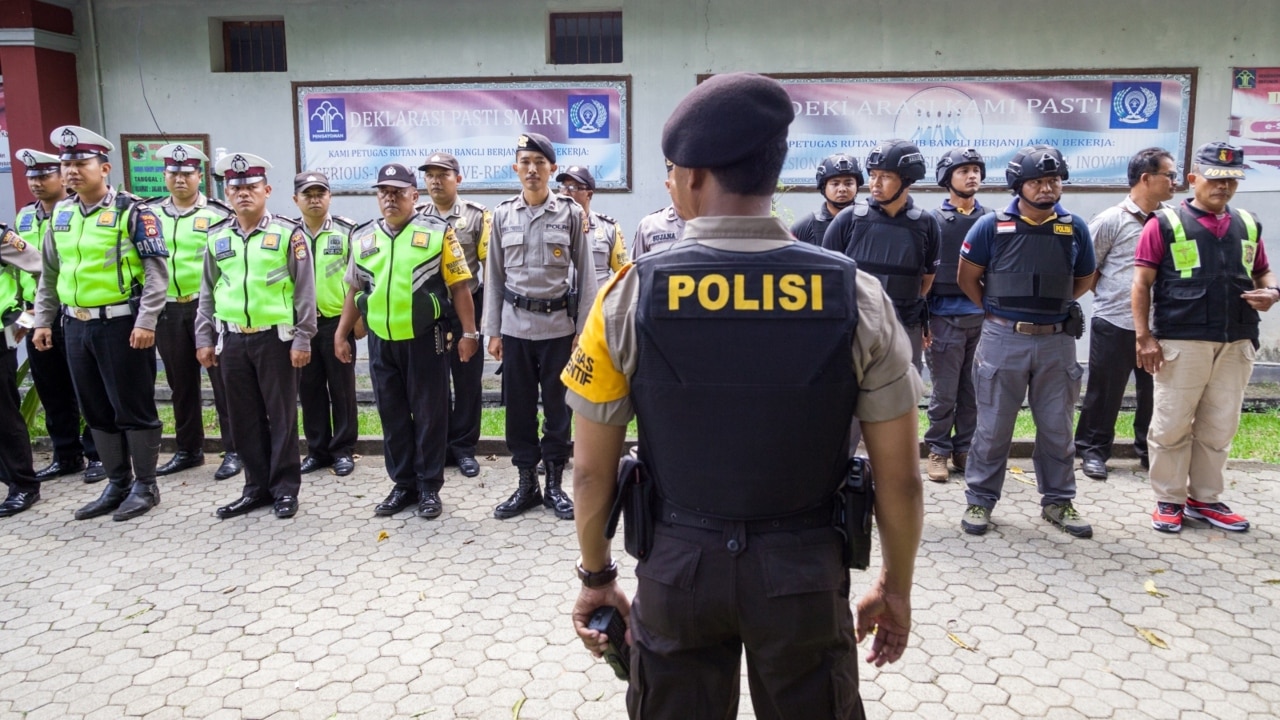Indonesia’s Criminal Code revision should worry us all


The revision of the Criminal Code to include a range of Islamist and anti-democratic provisions is one of the most profoundly concerning developments in the giant nation’s democratic journey since the overthrow of the military dictator, Suharto, in 1998.
The new code makes extramarital sex and cohabitation illegal, but much more importantly strengthens blasphemy laws, adds apostasy as an offence and severely curtails free speech.
The embrace of democracy by Indonesia since Suharto’s fall, with the regular transfer of power among elected politicians and a thriving civic society, has been one of Southeast Asia’s few beacons for democracy and some version of liberalism.
With more than 270 million people, Indonesia is the fourth most populous nation in the world, and its sheer demographic momentum, combined with patchy but sustained development, means it will inevitably become one of the world’s biggest economies.
Recently its president, Joko Widodo, has increased Jakarta’s activism in global diplomacy.
But ever since 1998 there has been a serious tension within Indonesian politics over what the central ambition of its political system is: to give expression to democracy, or to give political expression to Islam?

Properly understood, the two need not be in conflict. Indonesia for centuries has been notable for its relatively easy going, syncretic form of Islam, recognising its substantial Hindu and Christian minorities, and the often fruitful blend of Islam with the folk traditions of the archipelago.
As usual with Indonesia, there is great fuzziness and confusion about how the new code will operate. It will not come into force for a couple of years, it could be subject to constitutional challenge, it could yet be amended again in the parliament.
Similarly, charges against people for engaging in premarital sex can only be brought if there is a complaint by a close family member.
Nonetheless, all the parties in parliament supported the new code, which is itself deeply disturbing.
It intrudes an Islamic state apparatus into the private lives of Indonesians, and perhaps of visiting foreigners.
Friends of Indonesian liberalism once worried about the globalising forms of Islam and especially the influence of the Middle East on Indonesia. But the Gulf Arab states are now embarking on their own, albeit limited, social liberalism while it is predominantly domestic forces which are now pushing Indonesia in the other direction.
Strengthening the blasphemy law is extremely concerning, as this type of law is used in many Muslim majority nations to persecute religious minorities.
Similarly, making it an offence to insult the president looks open to obvious oppressive use and capricious and unpredictable interpretation. Ditto with restrictions on protests.
Worst of all are the restrictions on media for publishing “uncertain and excessive” news.
Indonesia’s democracy is raucous and contested. It’s to be hoped that the forces for democracy and restraint, for tolerance and diversity, make a counter push against this disheartening new criminal code.
The importance of the way Indonesia develops for Australia is obvious.







Is Indonesia stumbling towards populist Islamism?